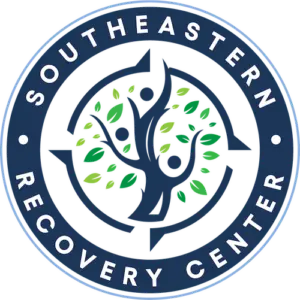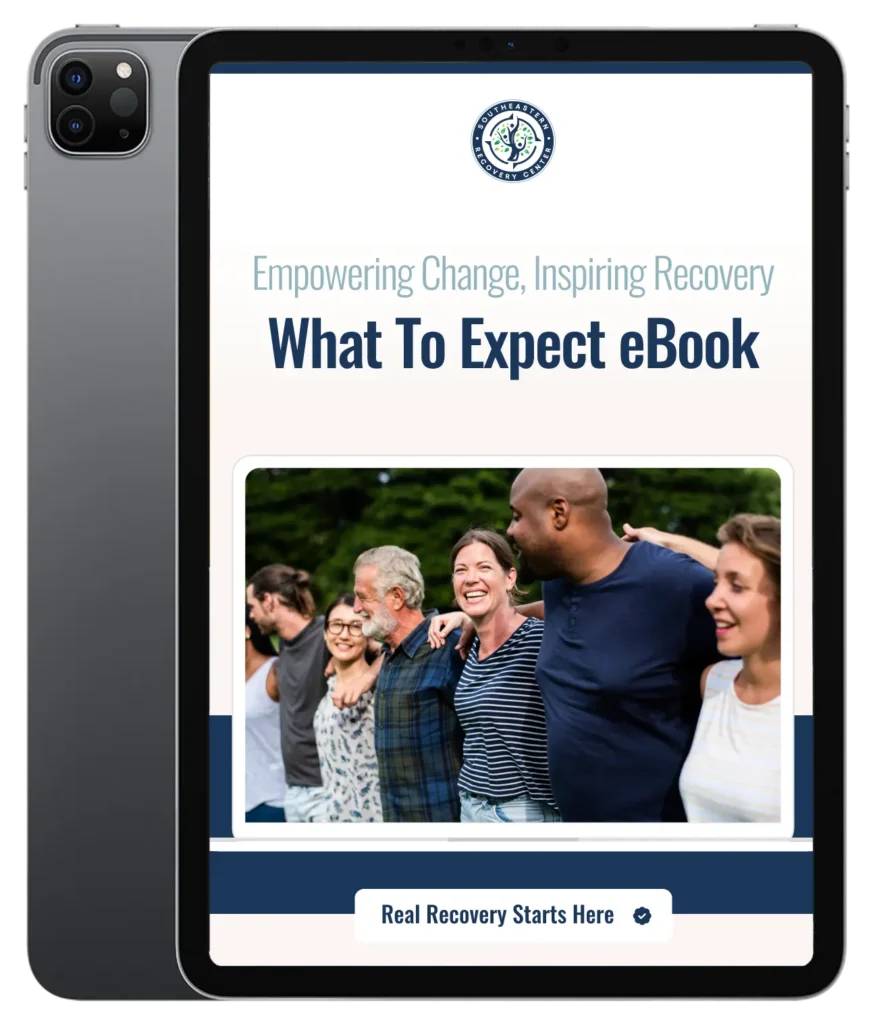Cognitive behavioral therapy, or CBT, is a type of talk therapy focused on changing negative thought patterns and behaviors. CBT is based on the idea that our thoughts, not external factors like people and situations, affect our feelings and behaviors.
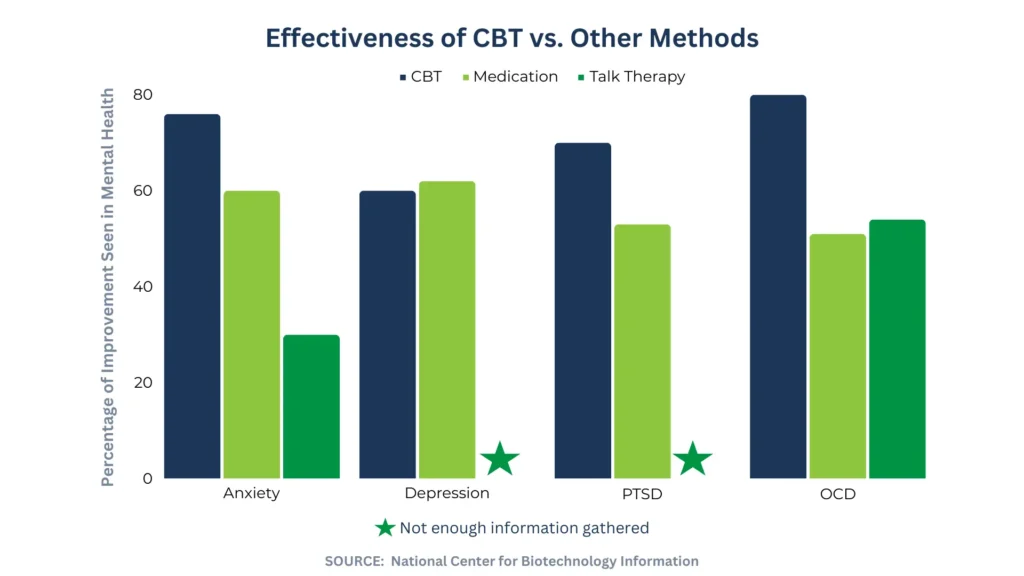
By changing distorted thought patterns and negative perceptions, CBT helps people develop coping strategies to better deal with problems. The goal of CBT is to identify harmful thoughts and behaviors, challenge them, and replace them with more constructive ones.
CBT therapists work with patients to uncover the underlying beliefs and assumptions that influence thoughts and emotions. CBT is a well-established, evidence-based treatment that can be effective for a variety of disorders, including depression, anxiety, PTSD, OCD, schizophrenia, and substance abuse disorders.
When it comes to addiction, CBT helps change self-destructive thought and behavior patterns, develop coping strategies, and build motivation for sobriety. CBT gives people the tools to avoid relapse and maintain long-term recovery.
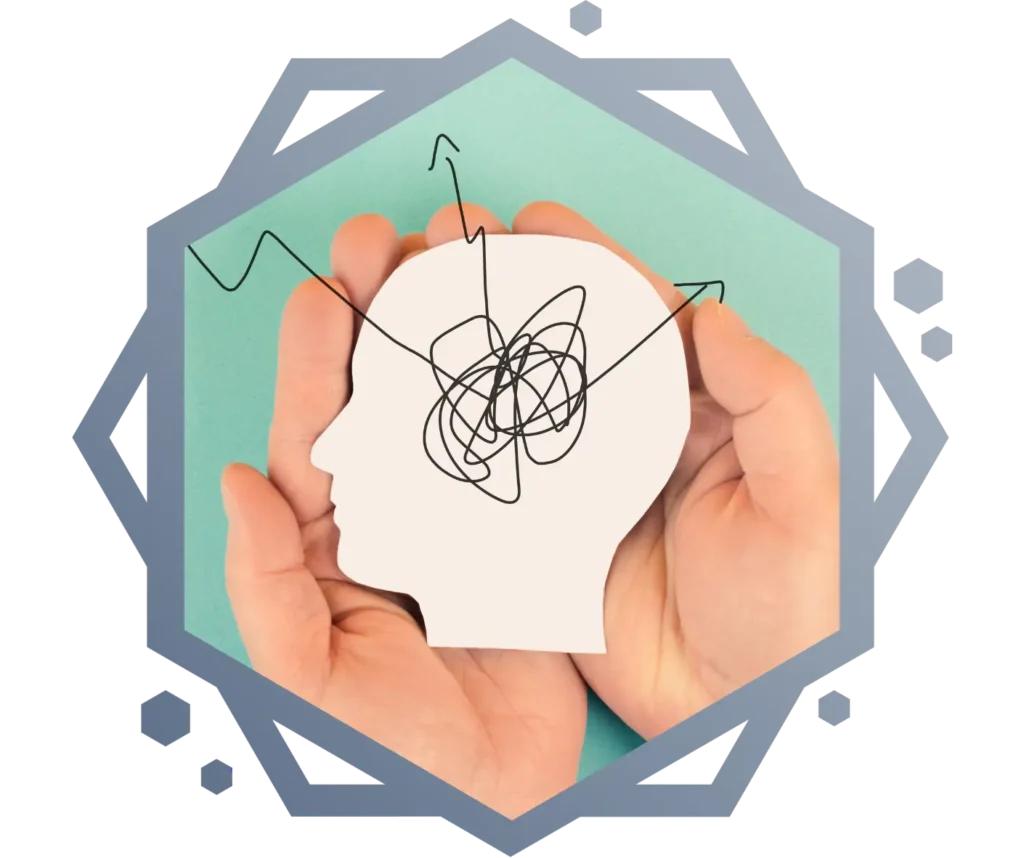
How CBT Helps Treat Drug Addiction
Cognitive Behavioral Therapy (CBT) is effective for addiction treatment because it focuses on changing unhealthy thought and behavior patterns. CBT helps you recognize distorted thoughts about your addiction and gives you strategies to challenge them.
CBT teaches you skills to use outside of therapy. You learn with your therapist, then practice in everyday life. CBT helps develop healthier habits and mechanisms to avoid addiction. Some key ways CBT helps treat drug addiction include:
- Recognizing triggers: CBT helps you identify emotional, mental, and environmental triggers that fuel your addiction. You gain awareness of triggers so you can prepare to avoid or overcome them.
- Challenging irrational thoughts: CBT helps you recognize negative or irrational thoughts about your addiction (e.g. “I’ll never recover”) and replace them with more constructive ones (e.g. “Recovery is challenging, but I can do this”). You learn the skill of cognitive restructuring.
- Developing coping strategies: CBT gives you strategies to cope with cravings, stress, and triggers without resorting to drugs. Things like exercise, social support, mindfulness, and distraction techniques.
- Relapse prevention planning: CBT helps you develop a concrete plan to avoid relapse. You identify your triggers, warning signs of relapse, and strategies to overcome them. The plan gives you a roadmap to follow in difficult moments.
CBT Techniques Used in Addiction Treatment
Cognitive behavioral therapy (CBT) employs several techniques to help retrain the addicted mind. Some of the most effective techniques include:
- Keeping a Diary: By recording negative thoughts each day, you can examine them objectively and find ways to dispute irrational beliefs. This helps you gain awareness of unhealthy thought patterns and start changing them.
- Swapping Thoughts: Replace negative thoughts with more positive, realistic ones. For example, change “I’ll never stay sober” to “I can do this one day at a time.” Repeating positive thoughts helps make them a habit.
- Memory Regression: Recalling traumatic events in a safe space allows them to become less painful over time. While difficult, facing past trauma under the guidance of a therapist is key to overcoming addiction.
- Relaxation and Enjoyment: Addicts often struggle with downtime and fun. Scheduling in leisure activities, hobbies, social interaction, and exercise gives you positive ways to spend time and boosts motivation. Start with just 15-30 minutes a day of an enjoyable distraction from cravings or negative thoughts.
- Assertiveness Training: Rather than reacting passively to life’s challenges, learn to communicate your needs confidently while respecting others. Set boundaries, say “no” when needed, and ask for help. Take control of your recovery by advocating for yourself.
The Effectiveness of CBT for Drug Addiction
Cognitive behavioral therapy (CBT) is effective in treating drug addiction. CBT helps change unhealthy thoughts and behavior patterns related to drug use. The effects of CBT tend to be long-lasting, helping patients maintain abstinence over time.
CBT works well alone or in combination with other treatments like medication. Studies found CBT may be more effective for some drugs than others. For example, CBT seems to work better for marijuana addiction versus alcohol, cocaine, and stimulants. However, combining CBT with other treatments may boost its effectiveness for any substance.
Contingency management, which provides rewards for staying drug-free, works well with CBT. Motivational interviewing, which helps build motivation to change, is also often used with CBT. The combination of these approaches leads to better treatment compliance, especially early on.

Reach Out To Southeastern Recovery Center
Cognitive behavioral therapy (CBT) is an evidence-based form of psychotherapy that focuses on exploring the relationships between thoughts, feelings, and behaviors. At Southeastern Recovery Center we offer CBT to help our clients better cope with painful emotions and experiences that often fuel addiction.
If you or someone you love is struggling with addiction, CBT can be an effective treatment. At Southeastern Recovery Center, we care deeply about our clients and are here to provide support.
Our compassionate team is ready to help you start healing and build the life you deserve. Call us today at (704) 452-4985 to learn more about our program and take the first step toward recovery. You don’t have to go through this alone.
